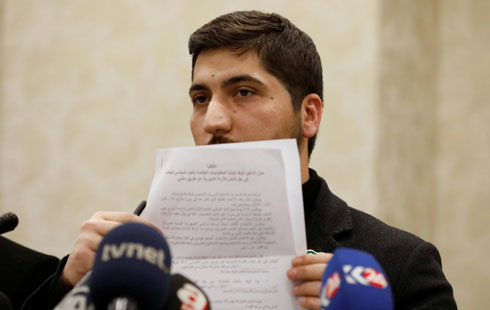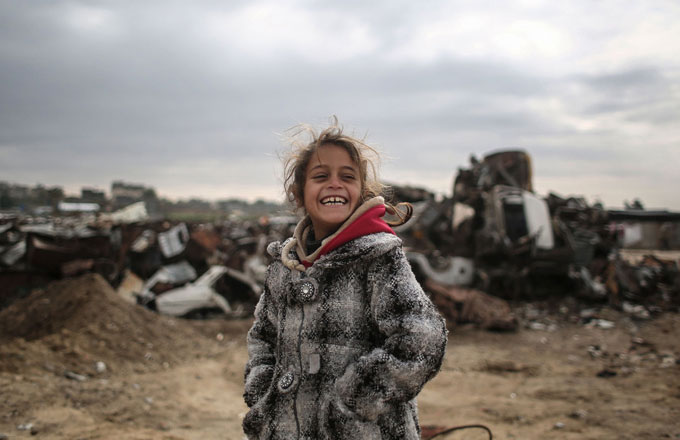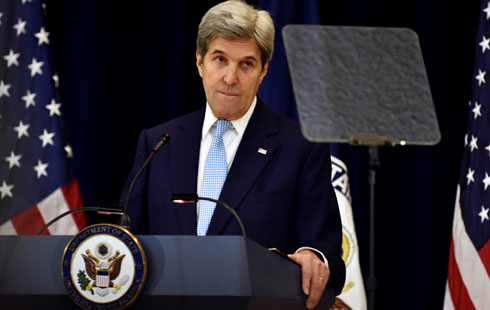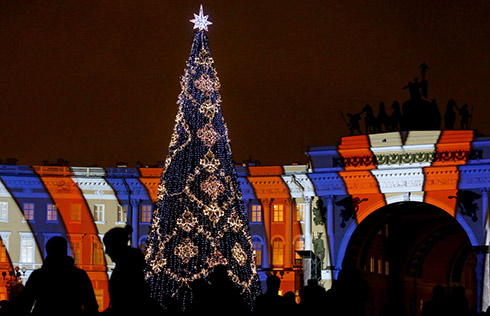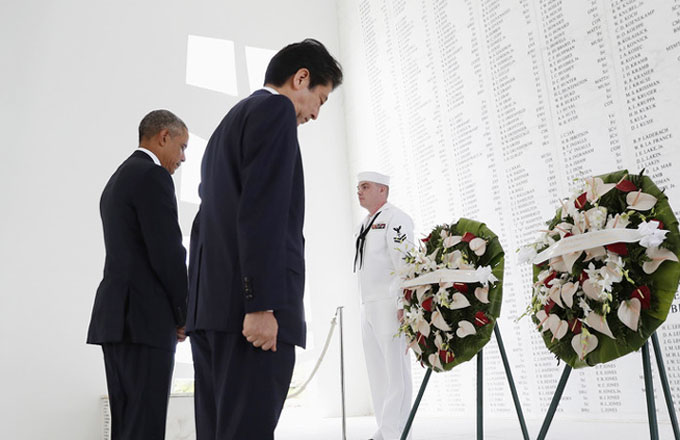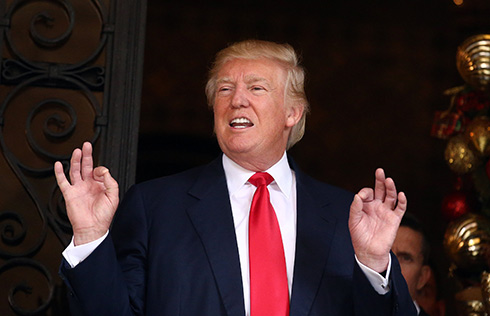US sanctions Russia over alleged election hacking, Moscow threatens to retaliate
After initially declining to endorse the CIA assessment, Federal Bureau of Investigation Director James Comey and National Intelligence Director James Clapper later reportedly agreed that Russia intervened in part to help Trump.
Russia had for long repeatedly denied being behind the cyber attacks which led to the leaking of damaging material which dogged Democratic presidential nominee Hillary Clinton till the Election Day.
In the statement, Obama said the data theft and disclosure activities "could only have been directed by the highest levels of the Russian government."
"These actions follow repeated private and public warnings that we have issued to the Russian government, and are a necessary and appropriate response to efforts to harm US interests in violation of established international norms of behavior," said Obama.
While the new measures against Russia were widely expected, the severity and bluntness were rare and represented a new low in US-Russian relations. It was the first time that names of Russian officials allegedly involved in cyber attacks were made public on the US sanction list.
The Obama administration's new measures also appeared in part to aim at boxing in Trump, who had consistently cast doubt on Moscow's involvement in the cyber attacks and once even suggested that the hacking could have been done by a "400-pound guy" in New Jersey.
After the announcement of new sanctions against Russia, Trump said it was time for the United States to "move on."
"It's time for our country to move on to bigger and better things," said Trump in a statement.
"Nevertheless, in the interest of our country and its great people, I will meet with leaders of the intelligence community next week in order to be updated on the facts of this situation."




